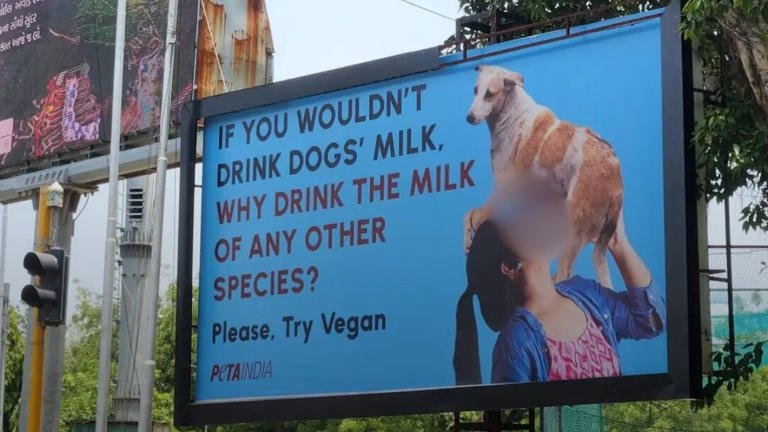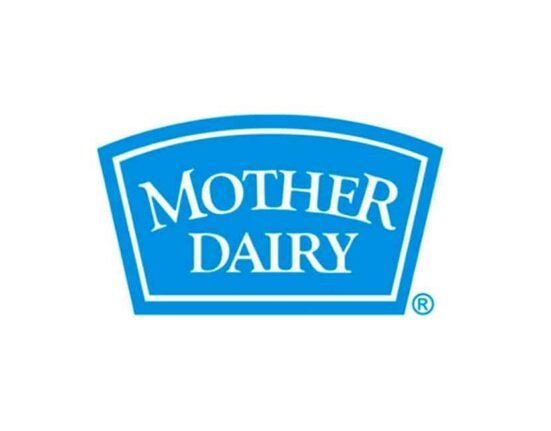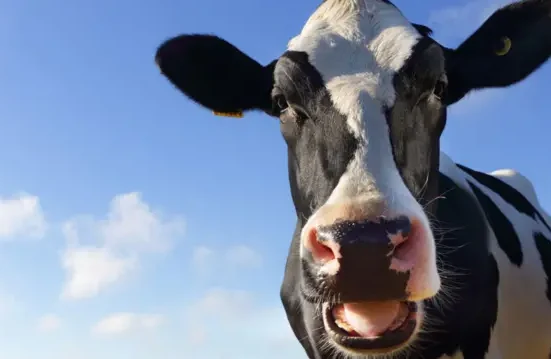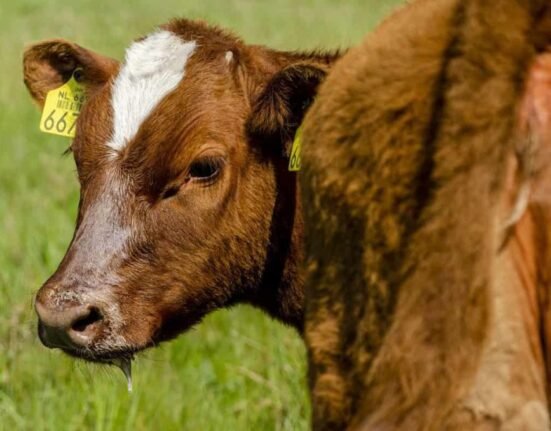PETA India’s recent billboard campaign—featuring the provocative slogan “If You Wouldn’t Drink Dogs’ Milk, Why Drink the Milk of Any Other Species?”—has ignited widespread debate across India’s social media and public forums. While the campaign seeks to challenge what it terms “speciesism,” it grossly oversimplifies a complex cultural, nutritional, and economic issue—and in doing so, deeply disrespects the values of millions of Indians.
The Deep Cultural Significance of Dairy in India
India is not just the world’s largest producer of milk—it is a nation where the cow is venerated as Gau Mata, the mother figure. Milk is not viewed merely as a commodity but as a sacred offering (prasadam), a symbol of nourishment and purity in countless rituals, including Panchamrit and Abhishekam. To compare cow’s milk to dog’s milk in this context is not only biologically flawed—it is culturally insensitive and offensive.
The Biological and Nutritional Context
Cows and buffalo have been domesticated over millennia and selectively bred for dairy purposes. They naturally produce milk far more than what is required by their calves, especially in regulated systems that ensure ethical animal husbandry. In contrast, dogs are not dairy animals—neither biologically, behaviorally, nor in any agro-ecological context.
Milk and dairy products are the primary source of protein, calcium, and Vitamin B12 for millions of Indians, especially in vegetarian households. Unlike many Western vegan campaigns, PETA’s approach fails to acknowledge the critical role dairy plays in Indian food security and rural nutrition.
Indian Dairy: A Source of Livelihood, Not Exploitation
The Indian dairy sector supports the livelihoods of over 80 million rural households, most of whom own two or fewer animals. Unlike industrial models of dairy farming in some Western countries, India’s dairy economy is decentralised, inclusive, and built around smallholder women farmers. To equate this with cruelty or exploitation is to dismiss the agency and dignity of India’s rural workforce.
On Ethics and Empathy: We Must Not Lose Balance
Yes, it is essential to discuss animal welfare. But ethical progress must be rooted in context, not shock tactics. PETA’s portrayal of dairy as inherently cruel disregards the significant efforts made by Indian dairy cooperatives, veterinarians, and NGOs to improve animal health, welfare, and sustainable practices. From breed development programs to loose housing systems and mobile veterinary services, the focus is on partnership, not predation.
A Call for Constructive Dialogue, Not Divisive Imagery
Rather than promoting respect for animals, the imagery used in the billboard campaign alienates communities and ridicules deeply held beliefs. Animal rights and farmer rights are not mutually exclusiv, —and real progress lies in collaborative solutions, not confrontational campaigns.
Conclusion
India’s dairy industry welcomes dialogue on sustainability, animal welfare, and innovation—but it must be grounded in respect, truth, and cultural understanding. Comparing cow’s milk to dog’s milk is not only biologically misleading but also fails to appreciate the role of dairy as a spiritual, economic, and nutritional cornerstone of Indian life.
Let us have a conversation—yes. But let it be an informed, inclusive, and respectful one.







